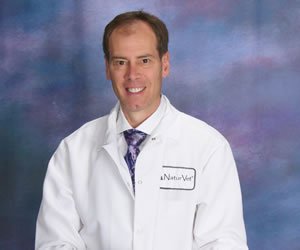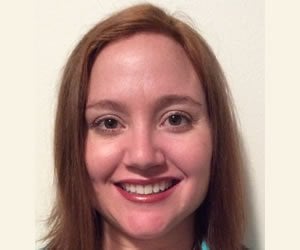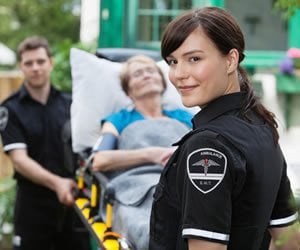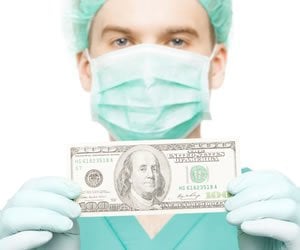
How to Find the Strength to Keep Going: Words of Advice from a Third-Year
When medicine burns you out, find strength in remembering why you're there.
Jarna Shah
Updated June 27, 2022 by Jarna Shah

When medicine burns you out, find strength in remembering why you're there.
Jarna Shah
Updated June 27, 2022 by Jarna Shah

Improper use of an originally a good idea can lead to a medical system focused on group outcomes, not individuals.
John F. Hunt, MD
Updated March 19, 2019 by John F. Hunt, MD

Part apology, part advice and explanation, from a resident to medical students.
Megan Riddle
Updated June 27, 2022 by Megan Riddle

Jennifer H. Yang shares her thoughts on the field of urology and offers some advice for students.
Juliet Farmer
Updated August 23, 2022 by Juliet Farmer

There is no simple solution to physician suicide, but it begins with awareness and discussion.
Megan Riddle
Updated June 27, 2022 by Megan Riddle

Keep these things in mind this year to help you prepare for your medical school application process.
AAMC Staff
Updated June 27, 2022 by AAMC Staff

Thinking about business and marketing while in dental school could be your first steps into successful practice ownership.
ASDA
Updated March 19, 2019 by ASDA

You never know when someone's well-being is going to depend on the skills you're learning.
Manik Aggarwal
Updated July 21, 2022 by Manik Aggarwal

Strong interview preparation allows you to give meaningful thought to what qualities you bring to the table and why you might be a good fit for a particular school.
Deborah Gutman, MD, MPH
Updated June 27, 2022 by Deborah Gutman, MD, MPH

A look at a day in the life of a third year student and what the clinical rotations experience entails.
Alex Cole
Updated June 27, 2022 by Alex Cole

A look at a day in the life of a third year student and what the clinical rotations experience entails.
Alex Cole
Updated June 27, 2022 by Alex Cole

There are a number of factors to consider when deciding whether to take the MCAT for a second time.
Anubodh “Sunny” Varshney
Updated June 27, 2022 by Anubodh “Sunny” Varshney

Early assurance programs (EAPs) allow dedicated students to apply to to medical school early, sometimes without taking the MCAT.
Deborah Gutman, MD, MPH
Updated June 27, 2022 by Deborah Gutman, MD, MPH

Shawn Messonnier shares his thoughts on the field of veterinary medicine and offers some advice for students.
Juliet Farmer
Updated June 27, 2022 by Juliet Farmer

Don't be surprised if your medical school experience changes the idea of the future you had envisioned for yourself.
Farah Kahn
Updated June 27, 2022 by Farah Kahn

Karla Turney shares her thoughts on the field of pharmacy and offers some advice for students.
Juliet Farmer
Updated June 27, 2022 by Juliet Farmer

There are a number of ways you can gain clinical experience for your medical school application while earning money at the same time.
Deborah Gutman, MD, MPH
Updated June 27, 2022 by Deborah Gutman, MD, MPH

A look at the pros and cons of taking a gap year before medical school.
Anubodh “Sunny” Varshney
Updated June 27, 2022 by Anubodh “Sunny” Varshney

Understanding the role of compensation models and their interplay with contract benefits, coverage and your personal life is crucial to successfully negotiating a compensation package post-residency.
Sidney Christiansen
Updated June 27, 2022 by Sidney Christiansen